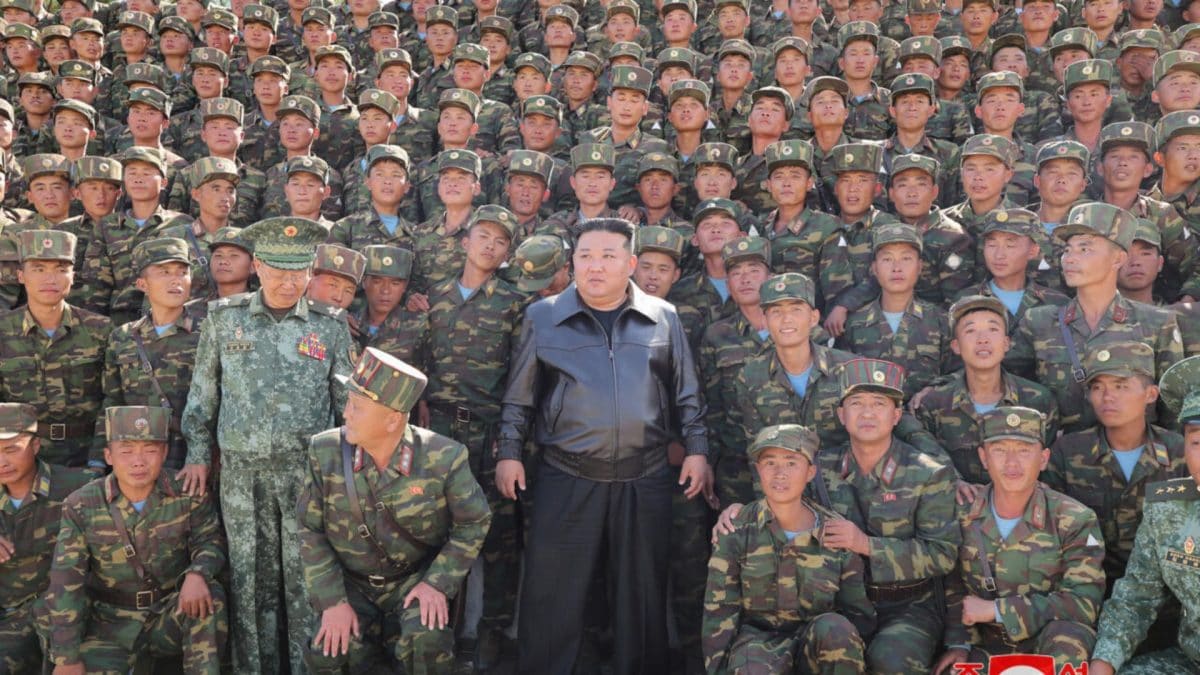South Korean lawmakers cited country’s spy agency National Intelligence Services (NIS) as saying that 10,900 North Korean troops are deployed in Russia’s Kursk, some of whom are already engaged in Ukraine warread more
South Korean spy agency – National Intelligence Services (NIS) has revealed that around 10,900 North Korean soldiers have been deployed to Kursk as part of Russia’s airborne unit and marines, with some of them already being engaged in battles against Ukraine.
On Wednesday, South Korean parliament intelligence committee member Park Sun-won, citing the country’s spy agency, claimed that the country led by Kim Jong Un has also supplied additional artillery systems – including self-propelled howitzers and multiple rocket launchers, to Russia to support its fight against Ukraine.
The assessment by South Korea’s spy agency came a couple of days after Russia, on Monday, warned that US President Joe Biden’s decision to allow Ukraine to use ATACMS and strike targets inside Russia added fuel to the fire in the Ukraine war.
US officials justified Biden’s decision, saying that it was triggered almost entirely by North Korea’s entry into the Russia-Ukraine war.
Weapons exported by North Korea to Russia
A report by The Associated Press mentioned another South Korean lawmaker Lee Seong Kweun, who attended a closed-door briefing at parliament, as saying the NIS informed that North Korea has already exported 170mm self-propelled guns and 240mm multiple rocket launch systems to Russia.
Talking to media, the lawmaker further said that as per NIS, the weapons sent are not the type the Russian military could operate easily and therefore, North Korea is expected to send personnel to teach soldiers in Russia how to operate and maintain them.
Kim Jong Un to visit Russia?
A report by Reuters, meanwhile, mentioned lawmaker Park Sun-won, who cited NIS, as saying that earlier this month North Korean foreign minister Choe Son Hui’s meeting with Russian President Vladimir Putin during her visit to Moscow was unusual in terms of protocol, and likely went beyond exchanging greetings to cover more significant issues including a possible visit of Kim Jong Un to Russia.
With inputs from agencies.
